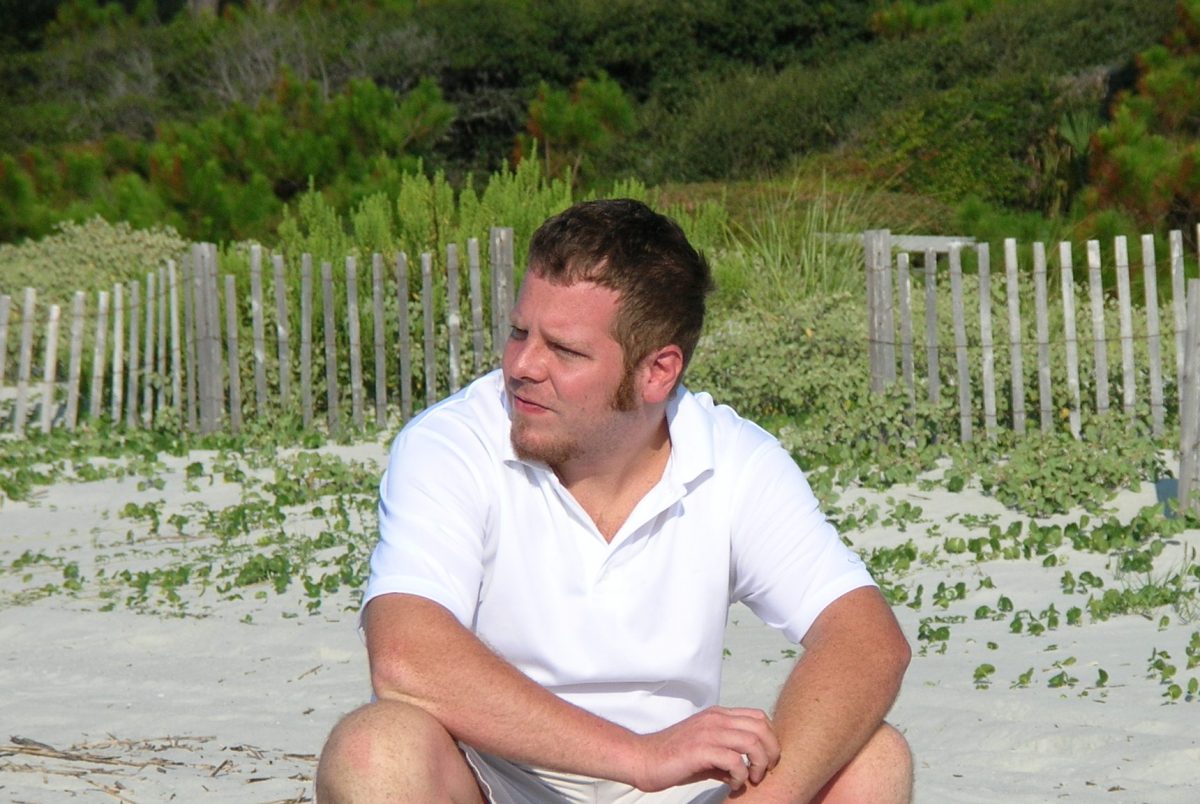Discourse is often a top of discussion when it comes to language. Many linguists often use discourse to examine its effects on language when it comes to code-switching. In this blog, I will examine discourse on language and how linguist use it in code-switching.
First, let me explain what code switching is. Wikipedia defines it as: “in linguistics, code-switching occurs when a speaker alternates between two or more languages, or language varieties, in the context of a single conversation. Multi-lingualism – speakers of more than one language – sometimes use elements of multiple languages when conversing with each other. Thus, code-switching is the use of more than one linguistic variety in a manner consistent with the syntax and phonology of each variety.”
With that said, the main objective of discourse is to examine how a person speaks in the written, vocal, or other semiotic events, in terms of language. Yet, linguist James Paul Gee states that “what is important is not language, and surely not grammar.” Gee goes on to say that spoken and written word are more important. This is where code-switching’s use in discourse comes into play.
Gee has two definitions for the word – Discourse with a capital D and discourse with a lower case d. Gee defines Discourse (with a capital D) as “more than just language. Discourses are ways of being in the world, or forms of life which integrate words, acts, values, beliefs, attitudes, social identities, as well as gestures, glances, body positions, and clothes.” This is the one part of code-switching which comes into play with Discourse/discourse in language. This allows somebody to speak and display mannerisms in different settings or one setting. As for discourse with a lower case d, Gee explains that “’discourse’ is used in many different ways in the literature in linguistics and literacy.” So, by saying this, Gee emphases Discourse and discourse by saying that it “is important to remember that [what Gee] means by ‘Discourse’ (with a capital ‘D’),” and, he is “giving a technical meaning to an old term which, unfortunately, already has a variety of other meanings.”
In conclusion, Discourse/discourse and code-switching is a method of language usage accompanied with various actions. With these terms, someone cane effectively disseminate information with a set of values, beliefs, and attitudes, from a concept to communicating with others. Gee has shown, in his research, which these words are about communicating though mannerisms.
Cited sources:
“Discourse Analysis.” Wikipedia. Wikimedia Foundation, n.d. Web. 23 Apr. 2015.
“Code-switching.” Wikipedia. Wikimedia Foundation, n.d. Web. 23 Apr. 2015.
“Gee, James P. “Discourses.” Social Linguistics and Literacies. N.p.: n.p., 1990. N. page. Print.”


